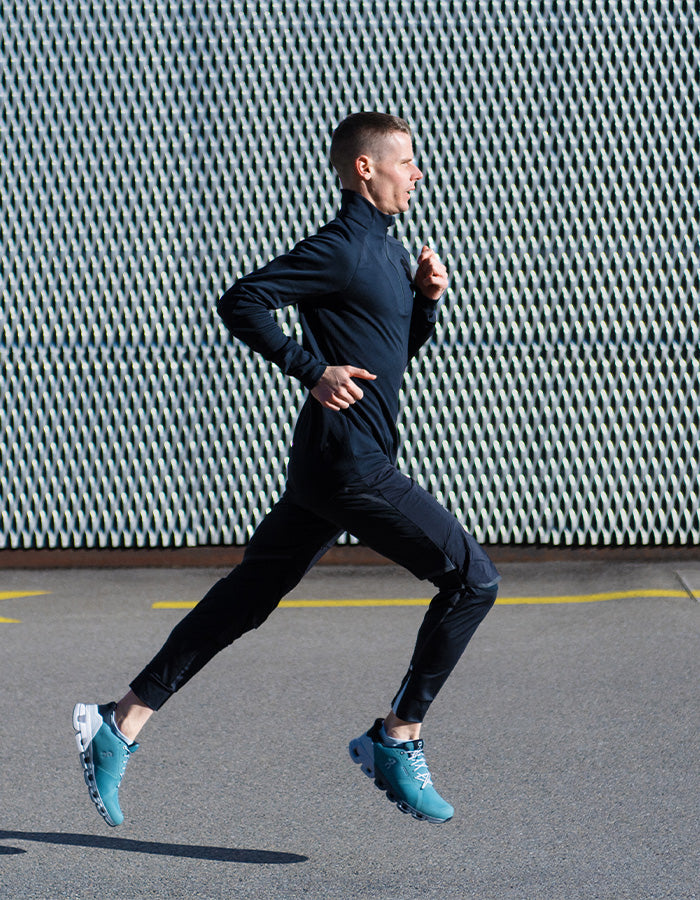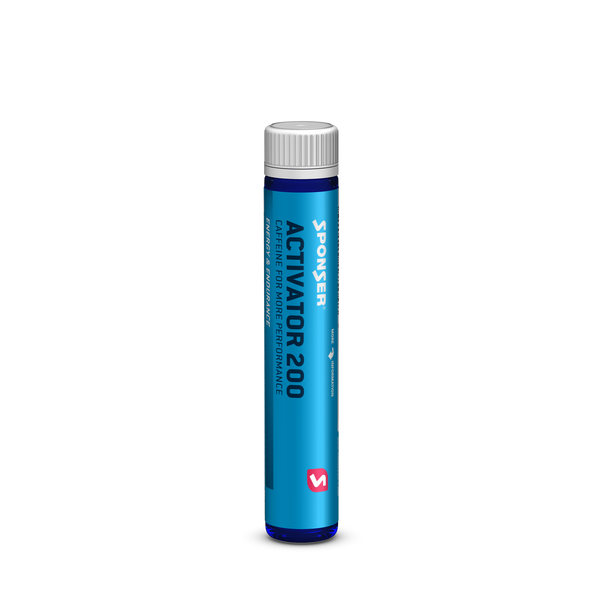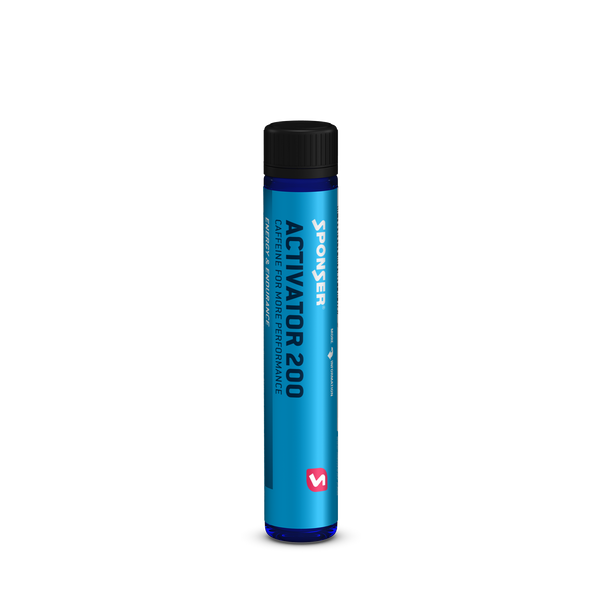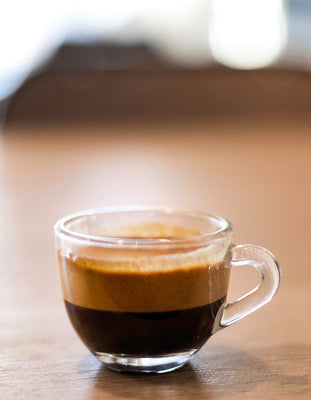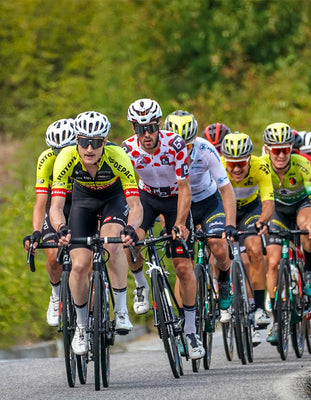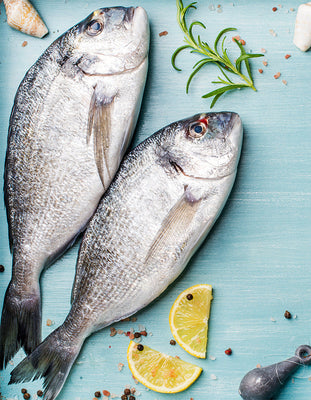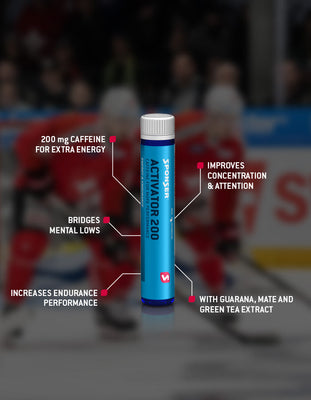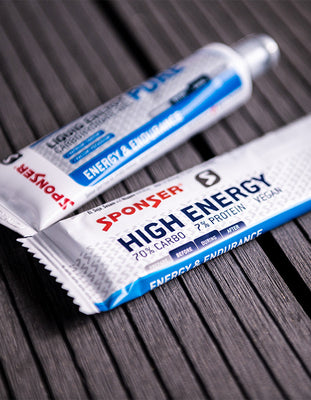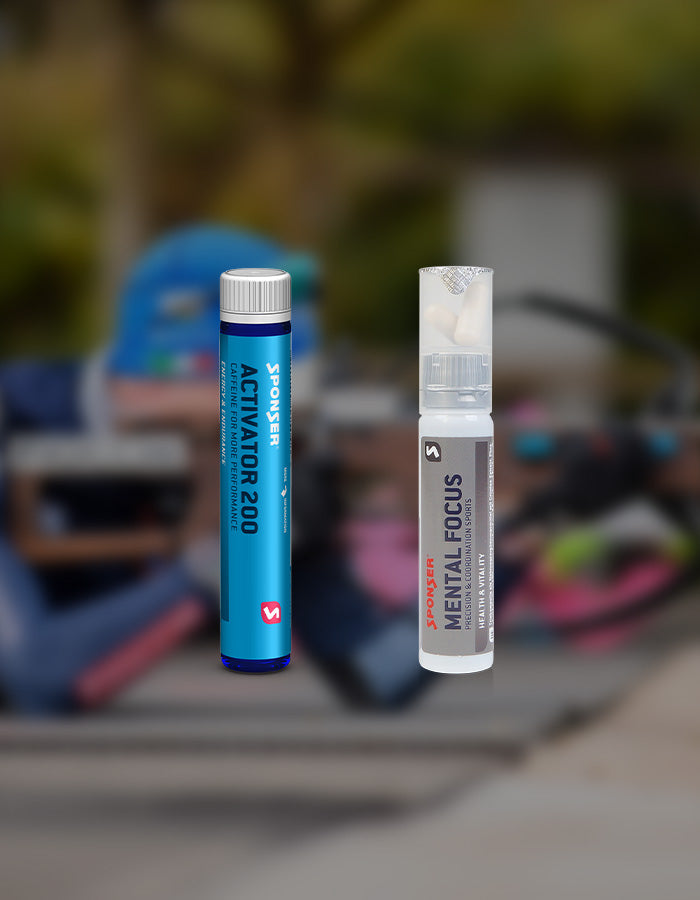
Caffeine, catechins and L-theanine
When it comes to mental concentration, increased attention and focus for cognitive precision and performance in sports, caffeine, catechins and L-theanine are potentially beneficial nutrients. These active ingredients are also contained in ACTIVATOR and MENTAL FOCUS. If you compare coffee, coke and tea on the basis of their caffeine content, the following caffeine contents apply:
Espresso: 75-120 mg caffeine per 100 ml
Coffee: 40-66 mg caffeine per 100 ml
Black tea: approx. 25 mg per 100 ml
Green tea: approx. 10 mg per 100 ml
Coca-Cola Zero: 10 mg per 100 ml
In comparison ACTIVATOR: 200 mg per 25 ml ampoule (800 mg/100 ml)
Tea as a stimulant
While caffeine is said to have a stimulating effect, but is also associated with increased nervousness in sensitive persons, the amino acid L-theanine from tea scores with the fact that it reduces the brain waves that influence the feeling of stress and nervousness. Tea is often preferred by people who react nervously to coffee or caffeine because it calms them down and promotes concentration.
Green and black tea have botanically the same origin. The processing of the tea leaves determines how much caffeine ends up in the cup and whether the amino acid L-theanine and catechin polyphenols are contained in the hot drink. Black tea is usually fermented. This means that the leaves are first rolled and destroyed at the cellular level, after which the ingredients react with the oxygen in the air in a warm, humid environment to produce the unique black tea aroma. This fermentation process causes some of the theanine and polyphenols in black tea to be broken down, so that green tea scores better than black tea regarding its focusing-calming effect.









